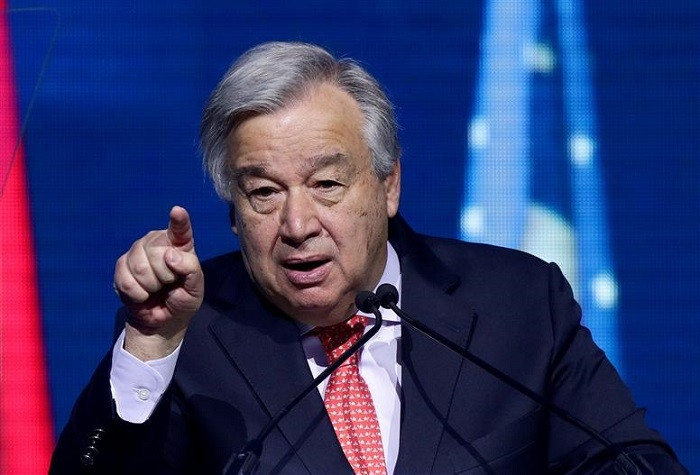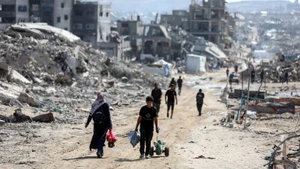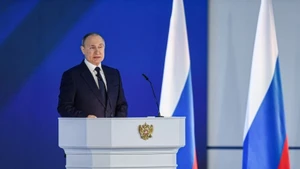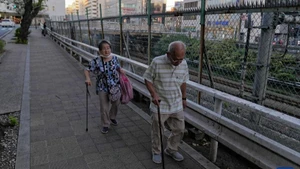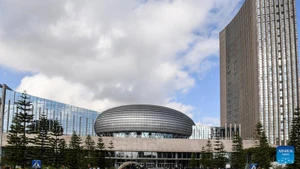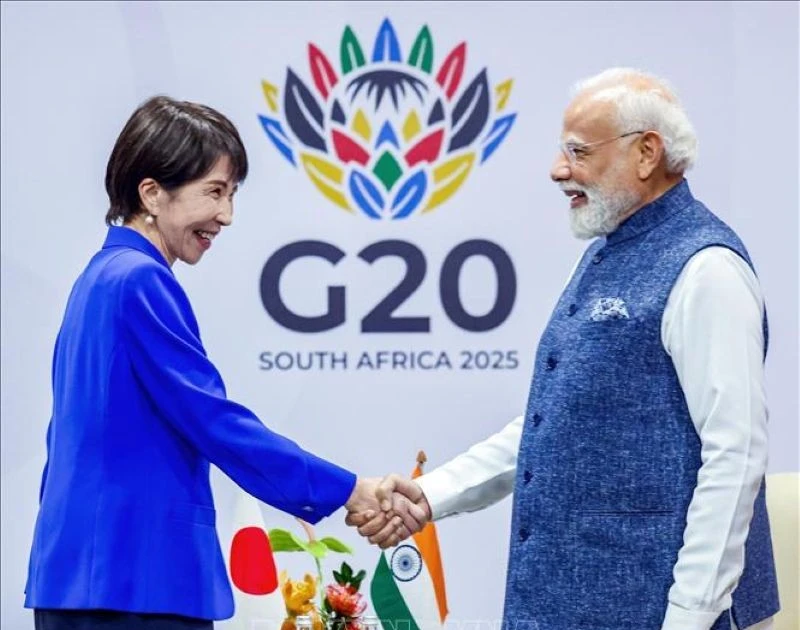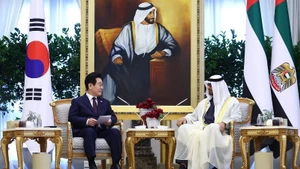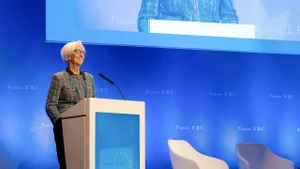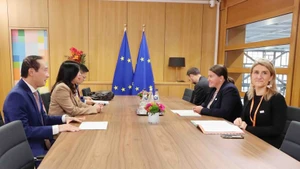The event came following a series of roundtable meetings aimed at mobilising efforts to step up economic recovery after the pandemic. Discussions focused on the urgent need for stronger and specific actions to provide liquidity and to settle debts in developing nations. At the conference, UN Secretary-General Antonio Guterres called on the world to take urgent and drastic measures to resolve the debt crisis caused by COVID-19, in the context of many countries at risk of default. He stated that the world needs to take action to support governments of low- and middle-income countries in accessing cash sources and relieve their debt burden.
The poorest countries, which have been deeply hurt by the pandemic, are facing sluggish economic recovery. IMF Managing Director Kristalina Georgieva once said that prospects for a recovery from the COVID-induced economic slowdown are uncertain and uneven. The pandemic-caused crisis will leave many economies behind and push the poor into further difficulties. It is forecast that by the end of 2022, developing countries and emerging markets, excluding China, will see per capita income fall by 22% from pre-crisis levels, while the decline is 13% in developed economies. Increased poverty and economic slowdown have been made even worse by unfair access to COVID-19 vaccines. At the conference, Canadian Prime Minister Justin Trudeau said the pandemic had caused clear economic inequality within and between countries, stating this could only be resolved through international cooperation. For his part, Jamaican Prime Minister Andrew Michael Holness noted that many poor countries had to limit public spending in order to continue meeting their debt payment obligations, even when the demand for health services surged. He warned that an imbalance in the COVID-19 vaccination programme globally will result in uneven economic recovery and increased poverty.
While richer countries have spent about US$16 trillion on economic and health emergency assistance measures, considering this as an “effective medicine” to reboot the “health” of the economy, developing countries cannot invest much to strengthen their resilience to the pandemic due to limited budget. The fact is that, on a per capita basis, it is estimated that the least developed countries have spent on pandemic response measures 580 times less than the developed economies. Since the outbreak of COVID-19 up to now, six developing countries have fallen into default, while another 42 countries have had their credit ratings lowered. At least 120 million people have been pushed into extreme poverty due to the pandemic.
Faced with the risk of a widening wealth gap and rising poverty constraining global economic recovery and deflecting the UN’s development goals, UN Secretary-General Antonio Guterres emphasised that developing countries should be provided with opportunities to access financial sources to cope with the pandemic and promote recovery. The international community should urgently provide necessary assistances to all developing countries in need. He called for the building of a “new debt mechanism” to have more options, such as debt swap or debt write off, aiming to help poor countries deal with the pandemic and promote economic recovery.
There are currently a lot of dangers hindering global economic recovery, with huge debts in poor countries becoming “time bombs”. In the effort to accelerate world economic recovery, helping poor countries is seen as the responsibility of the richer ones.
